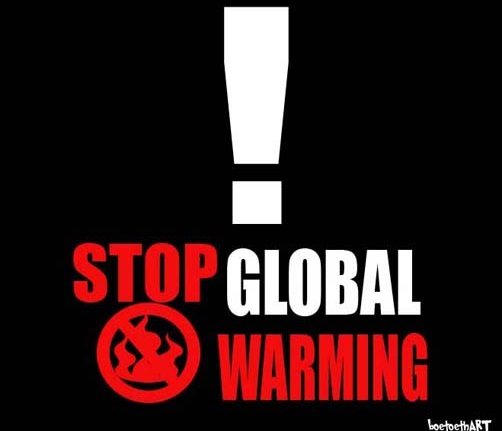
May 27, 2014;LiveScience
Let’s remind ourselves once again that language matters. Communications requires not only that you say something, but that the other person hears it, too. So understanding which words evoke which responses matters.
A new study based on two surveys has found that many people respond more urgently to the term “global warming” than to “climate change.”
Sign up for our free newsletters
Subscribe to NPQ's newsletters to have our top stories delivered directly to your inbox.
By signing up, you agree to our privacy policy and terms of use, and to receive messages from NPQ and our partners.
“The studies found that the two terms are often not synonymous—they mean different things to different people—and activate different sets of beliefs, feelings and behaviors, as well as different degrees of urgency about the need to respond,” wrote the researchers. “Global warming refers to the increase in the Earth’s average surface temperature since the Industrial Revolution, primarily due to the emission of greenhouse gases from the burning of fossil fuels and land-use change, whereas climate change refers to the long-term change of the Earth’s climate, including changes in temperature, precipitation and wind patterns over a period of several decades or longer.”
The media tends to use the terms interchangeably. Not so politicians, however. According to a 2011 study, conservatives tend to use the words “global warming” while liberals use “climate change.”
For purposes of this newswire, we will look only to the second survey, where half of the participants were questioned using the term “climate change” and half questioned using the term “global warming.” What they found was that Americans are more concerned, threatened, and moved to act on “global warming” than on “climate change.”
- 76 percent of those asked if “global warming” was bad said yes, as compared to 63 percent of those asked if “climate change” was bad
- 15 percent of Americans feel “very worried” about global warming, versus 9 percent about climate change
- 38 percent feel that global warming could harm them, as opposed to 30 percent who felt that way about climate change
- 29 percent would take action against “global warming,” while only 23 percent who would fight “climate change.”
- People believe equally that “global warming” and “climate change” are indeed happening, but 27 percent of Americans feel “extremely sure” that “global warming” is happening, as opposed to 20 percent who said they felt that way about “climate change.”
- Men are 12 percent more likely to believe that “global warming” is happening than that “climate change” is happening.
- People between 31 and 48 are a full 21 percent more likely to believe in global warming over climate change.
- Self-described political liberals are 19 percent more likely to feel that extreme certainty when the term “global warming” is used, compared with “climate change”
And finally
- Republicans are equally skeptical of both terms
—Ruth McCambridge













